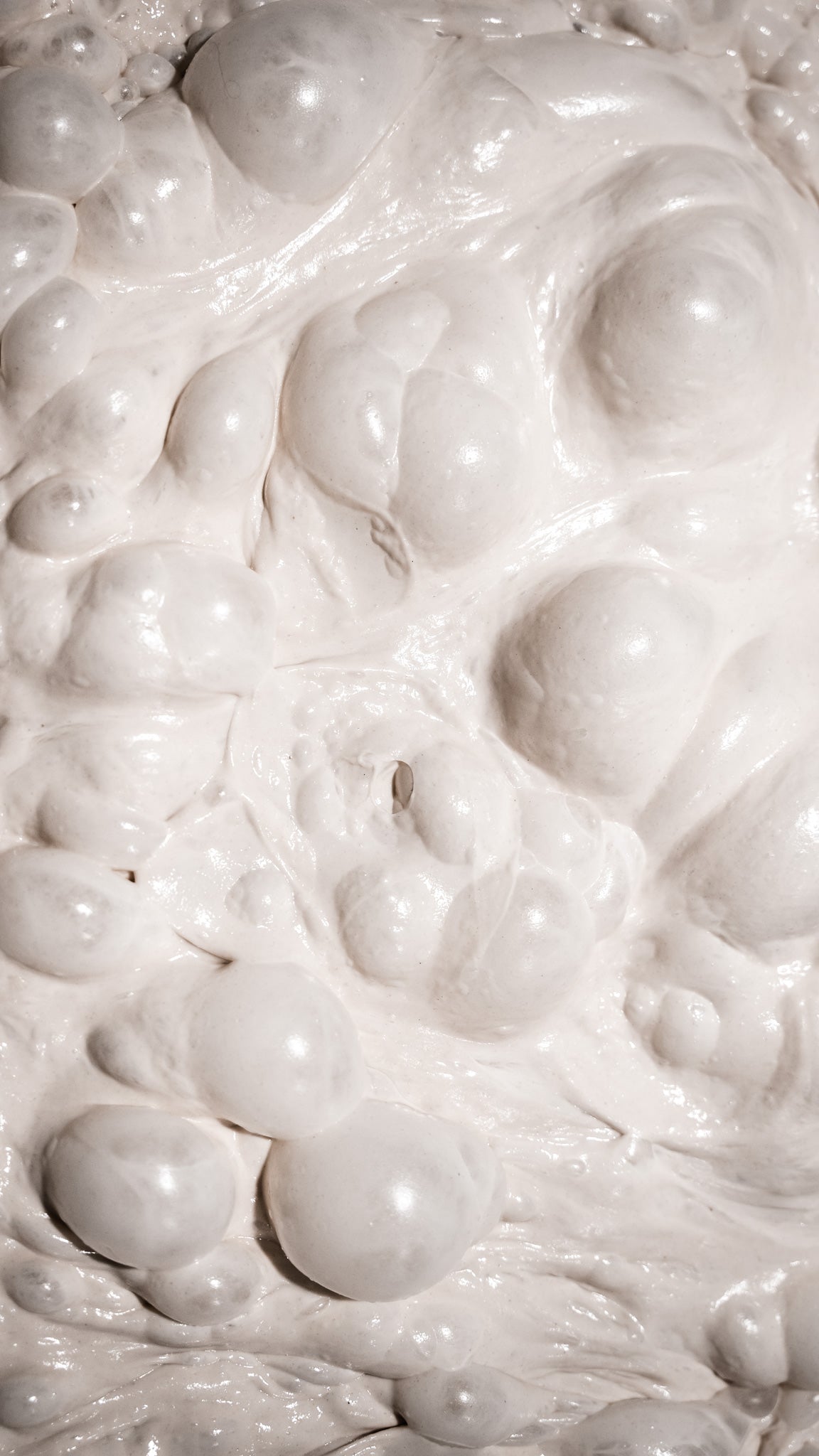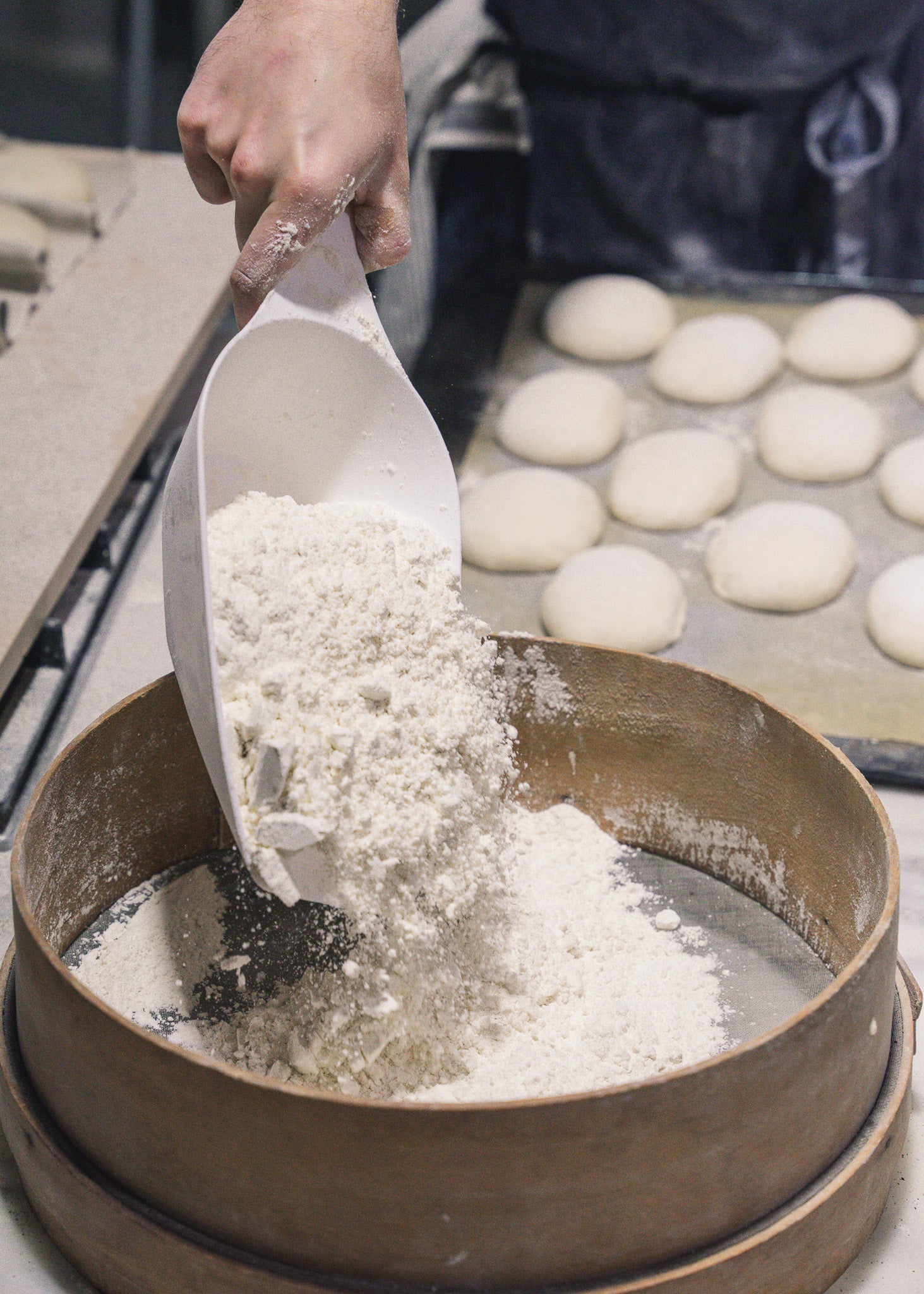Discover our Sourdough Gérard
All breads are coming from Gérard, in other words they are sourdough based! Long proofing times are a must for our quality standards as it improves the taste and lets the bread come to its full potential. The dough takes multiple days to proof and thus is one of the main reasons Gérard Bakery is subscription based. We take time for our products and that is definitely reflected in the quality of all our breads.

The heritage of Sourdough
For several millennia,
people have been producing flour and contributing to an extraordinary accumulation of know-how as well as to an incredible gastronomic enrichment around bread. However, the 20th century neglected those know-how to the point of almost losing it to the so-called “yeast” fermentation. The main objective of Team Gérard is to go against this movement of the disappearing know-how and participate in the safeguarding as well as the enrichment of the knowledge on the practice of the bakery with leaven.
The major difference between yeast and sourdough is that sourdough is a living organism, inoculated mostly with bacterial populations, whereas yeast is made up exclusively of yeast population, alcoholic fermentation of fruit or fungus. However, it is precisely these bacterial populations that give bread and sourdough bread its richness in flavours. Indeed, sourdough is composed exclusively of flour and water that is left to ferment until a stable and bacteria-rich strain is obtained. The ferments come from the flour itself, the environment of the room, or even from the baker’s hands.

The environment evolves constantly, becoming more acid and eventually finding a stable population of bacteria. The first steps in making a sourdough is therefore to summon opportunistic and colonising yeast and bacteria, in order to saturate the biological environment. The second step consists of selecting the ferment that are able to live together and that are better adapted to bread making, especially because of their resistance to acidity.
After a few refreshments in
an acid environment, the colonising ferments will therefore find a way to other more permanent populations. Little by little, the initial smells of yoghurt and cabbage will evolve towards more complex and specific aromas of breads.
Furthermore, sourdough has lots of health benefits beside its tasteful power. Rich with a way higher level of bioactive compounds, sourdough breads allow to release vitamins in the organs instead of absorbing them which is the case when eating regular yeast bread. Another health benefit is the slower digesting of the starch which means a slower conversion to glucose.